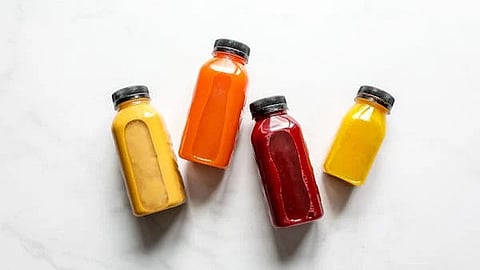The event, organized under the State Food Connect initiative in Hyderabad, brought together over 400 participants, including FBOs, fortified food producers, licensing authorities, and food safety officers. It featured technical sessions on fortified rice production, capacity building for health supplement manufacturers, and practical training for state laboratory officials.
After the event, Rao visited the street food hub at Hyderabad’s Necklace Road, where he inspected a mobile food testing unit known as "Food Safety on Wheels." He observed food testing processes and instructed state food authorities to conduct regular monitoring of street food vendors. He also emphasized the need to educate food handlers about maintaining proper hygiene and safety standards.
Rao advocated for the establishment of "model food streets" to provide consumers with access to safe and high-quality food. Additionally, he recommended conducting food safety awareness programs in schools and colleges to instill the importance of hygiene and safety from an early age.
Highlighting FSSAI’s commitment to strengthening the food safety ecosystem, Rao called for a collaborative effort to address issues like pesticide contamination, microplastics in packaging, and the misuse of added sugars, ensuring a safer and healthier food environment for all.
(Input from various sources)
(Rehash/Sai Sindhuja K/MSM)


